Trump commutes federal life sentence of founding Gangster Disciples kingpin Larry Hoover
Trump commutes federal life sentence of founding Gangster Disciples kingpin Larry Hoover
President Donald Trump has commuted the federal life sentence for infamous Chicago-born Gangster Disciples founder Larry Hoover, abruptly ending Hoover’s yearslong quest to win early release under the First Step Act passed during Trump’s first term.
The two-page order said Hoover’s sentence was considered served “with no further fines, restitution, probation or other conditions,” and directed the U.S. Bureau of Prisons to release him “immediately,” according to a copy of the document provided by Hoover’s legal team.
The controversial move — part of a slew of clemency actions announced by the White House this week — appeared to have already sparked Hoover’s transfer out of the supermax prison compound in Florence, Colorado, that he’d called home for the past two decades.
But Hoover isn’t going free — he’s still serving a 200-year sentence for his state court conviction for murder. Officials with the Illinois Department of Corrections have previously said they would push for Hoover to finish his state sentence in federal prison due to security concerns.
On Wednesday afternoon, Hoover was listed in online state prison records as an inmate at Dixon Correctional Center in western Illinois, though it was unclear if he’d already made it there. The records show a parole date of October 2062.
In a statement to the Tribune, Hoover’s attorney, Jennifer Bonjean, called Trump’s decision “a historic development” after years of fighting in federal court.
“The courts have demonstrated a complete unwillingness to consider Mr. Hoover’s rehabilitation,” Bonjean wrote. “Sometimes the courts do not do the right thing. But thanks to the work of so many advocates and supporters keeping Mr. Hoover’s voice alive and ultimately the president taking action to deliver justice, we are thrilled to see Mr. Hoover released. Now it’s time for the IDOC to do the right thing.”
An IDOC spokesperson could not immediately be reached.
Once one of the nation’s largest street gangs, the Gangster Disciples became a major criminal force under Hoover’s leadership, with operations that spread to dozens of U.S. cities and were as sophisticated as many legitimate corporations, including a strict code of conduct for members and a franchise-style system for drug sales.
“They had armies of lawyers and accountants. They had their own clothing line, music promotion company, political action committee. They had a structure that helped them insulate the leaders from the drugs and the guns,” Ron Safer, a former assistant U.S. attorney who prosecuted Hoover in the 1990s, told the Tribune in 2012.
For years, Hoover has been housed in solitary confinement at the supermax prison in Colorado, which counts a number of high-profile and notorious detainees, including Sinaloa cartel boss Joaquín “El Chapo” Guzmán, Sept. 11 terrorist attack plotter Zacarias Moussaoui, and Jeff Fort, the Chicago gang leader who founded the El Rukns.
The Illinois Prisoner Review Board last year heard arguments for Hoover’s release, but ultimately denied the request, records show. The review board won’t hear his case for another four years, records show.
Addressing board members last year, Hoover said he is a 73-year-old man who views the world much differently than when he went into prison, records show. A summary of his statements to the board said, “He regrets the wrong choices that he has made and the harm he has caused.”
“He argues that he is not a threat to the community, and that he will not do what he once did,” the summary of Hoover’s statement continued. “He would not make the same mistakes, and he admits today that he did make those choices in the past.”
Trump’s order was first reported by the news site NOTUS.
Reached by phone Wednesday afternoon, Hoover’s sister, Diane Cooper, said, “I’m just happy. (Trump) did a very good thing.”
“They can say what they want,” Cooper, 70, said. “I’m behind him 100%. He needs to be home. Right is right and wrong is wrong.”
Cooper said she didn’t know “anything” about a state sentence that might keep her brother behind bars. Representatives of Gov. JB Pritzker’s office didn’t immediately respond to a request for comment.
Meanwhile, Hoover’s son, Larry Hoover Jr., posted a photo to his Instagram account Wednesday afternoon of someone holding up Trump’s signed order with the words “Almost home!!” and two praying-hands emojis.
Federal prosecutors have vehemently opposed any breaks for Hoover, now 74, arguing he did untold damage to communities across Chicago during his reign on the streets. They argued he has continued to hold sway over the gang’s hierarchy while imprisoned, even promoting an underling he’d secretly communicated with through coded messages hidden in a dictionary.
Hoover’s attorneys, meanwhile, have claimed that decades behind bars have left him a changed man and that prosecutors have unfairly painted him as a puppet master to try to keep him locked up.
At a hearing last year, U.S. District Judge John Robert Blakey asked Hoover’s defense attorney point-blank: “How many other murders is he responsible for?”
“I don’t know what the methodology is for determining that,” attorney Bonjean replied, somewhat taken aback by the unusually blunt query.
“So many we can’t count?” Blakey shot back.
After Bonjean said she couldn’t “put a number on it,” Blakey went a step further and asked if Hoover himself would like to weigh in.
“He probably has the most knowledge of all,” the judge said.
At that hearing, which Hoover attended via a live link from prison, he told the judge he’s “had a chance to reflect on my life and the trouble that my existence has caused in the community.”
“Here in (the supermax) you’re locked up at least 21 hours a day. You go away in your cell and reflect on every aspect of your life, and you see things differently,” Hoover said. “You see things you’re proud of and you see things that maybe you’re not so proud of, and you realize that life is too short.”
If he were released, Hoover said, he would counsel others how to avoid gangs, not join them.
“I just want to say that I would be a credible risk if you were to allow me to go back to the world,” Hoover said.
Blakey had not yet ruled on Hoover’s motion.
Hoover was convicted in state court in 1973 of the murder of William Young, one of Hoover’s gang underlings who was shot to death that same year after he and others had stolen from gang stash houses. He was sentenced to 200 years in prison.
In the early 1990s, before Hoover was charged in federal court, former Chicago Mayor Eugene Sawyer lobbied the IDOC parole board on his behalf, arguing that Hoover could help stem Chicago’s street violence if he were allowed to return home, the Tribune reported at the time.
Hoover was indicted in federal court in 1995 on charges he continued to oversee the murderous drug gang’s reign of terror from prison. He was convicted on 40 criminal counts in 1997, and then-U.S. District Judge Harry Leinenweber sentenced him to the mandatory term of life.
“I don’t always agree with the guidelines,” Leinenweber told Hoover during that hearing. “Sometimes I think they are too draconian. But in this case, I agree with them 100%.”
Before last year’s hearing, prosecutors alleged that during a prison visit with his common-law wife in August, Hoover asked her if his lawyers wanted him to bring a copy of the “Blueprint” to Thursday’s hearing, which the U.S. Bureau of Prisons considers “a blueprint for how to organize a prison gang,” including governing principles, methods of discipline and a membership application.
The motion also revealed that an email message was sent Aug. 26 by a known Gangster Disciples member to 123 fellow gang members in federal prison referring to Hoover as “Dad” and using “coded terminology, in the form of a basketball analogy, to instruct all incarcerated GDs to stay out of trouble and temporarily suspend gang activity” until Hoover gets a ruling in his case.
“IN SUPPORT OF THESE CHALLENGING TIMES, THERE WILL BE ZERO TOLERANCE FOR ANY INCIDENTS ON THE COURT,” the all-caps message read, according to the prosecution filing.
“This communication is deeply concerning,” Assistant U.S. Attorney Julia Schwartz wrote at the time. “It demonstrates the continued power high-ranking GD leaders, and specifically Larry Hoover, hold over the GDs (and) underscores the extremely high risk of recidivism and the danger to the community if Hoover is released.”
Schwartz also said that Hoover’s life sentence was appropriate, given his place as one of the most dangerous criminals ever prosecuted in Chicago’s federal court.
But Hoover’s lawyers argued it’s the government that has proselytized the myth of Hoover as some arch-criminal who can still command the masses — because it suits their endgame of keeping him locked up.
“It is not in dispute that many people from all walks of life, including politicians, celebrities, community activists and people who self-identify as GDs, support Hoover,” Bonjean wrote in a 2022 court filing. “Indeed, the fact that Mr. Hoover is supported by individuals who are not gang members is what frightens the government the most. The government does not want to see a rehabilitated Hoover. It wants to hold on to its narrative of Hoover as the most notorious dangerous, and violent man on the planet.”
Bonjean argued in the September hearing that Hoover should be looked at as a human being, not a monster. He entered prison illiterate and has since earned his GED and taken classes on robotics, art history and the life of Abraham Lincoln, she said. A voracious reader, Hoover “would have a PhD by now if that type of programming was available to him,” according to Bonjean.
She also said it’s “rubbish” to think Hoover is still commanding gang members, some of whom weren’t even born when he entered prison. “If Mr. Hoover is held responsible for every criminal act by those who self-identify as a GD, well then I guess he’s toast,” she said.
jmeisner@chicagotribune.com
ckubzansky@chicagotribune.com
scharles@chicagotribune.com
Comments 0
Most Read
Recommended Post
Gogolook launches news wall feature to Whoscall App




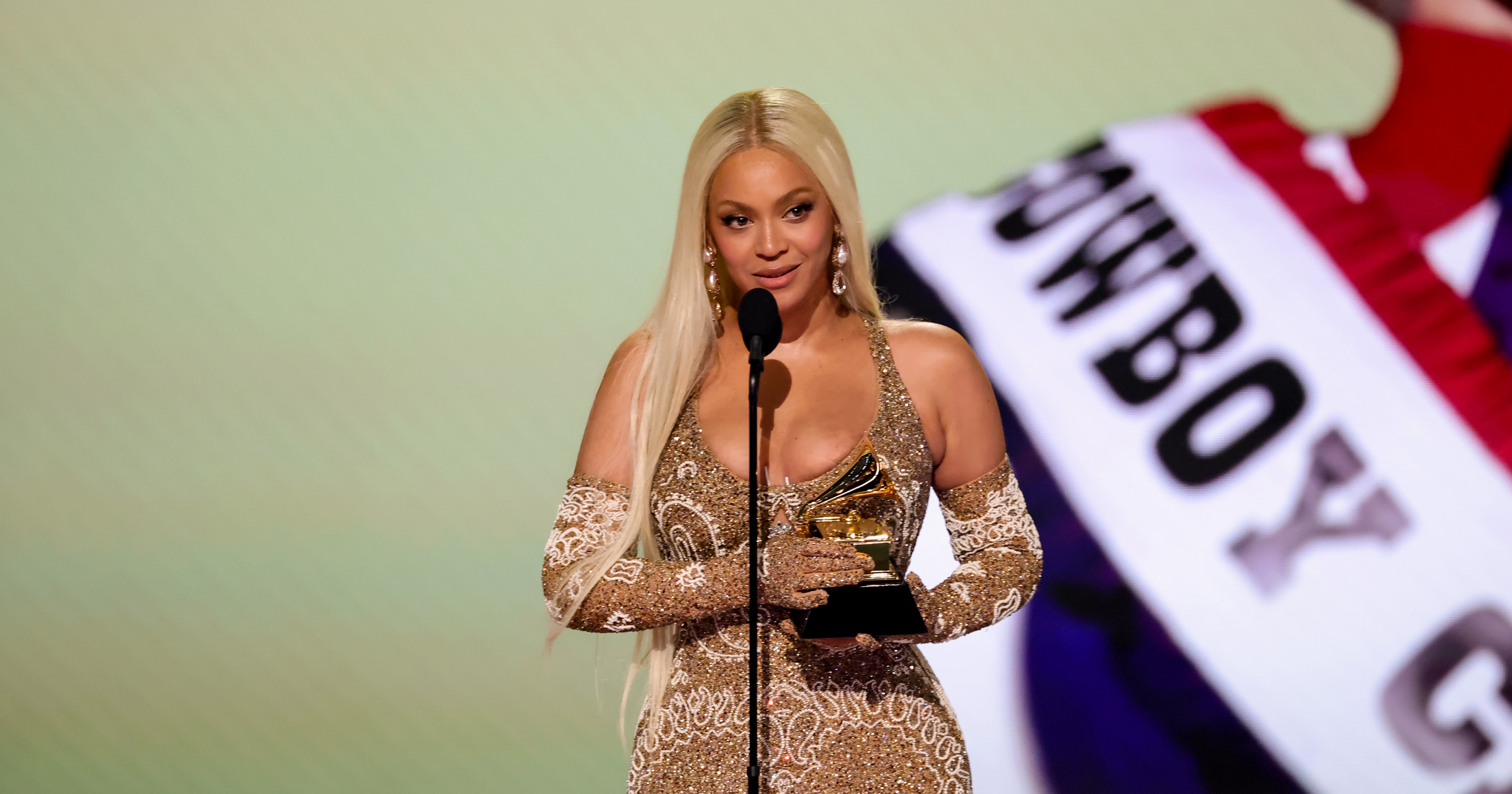







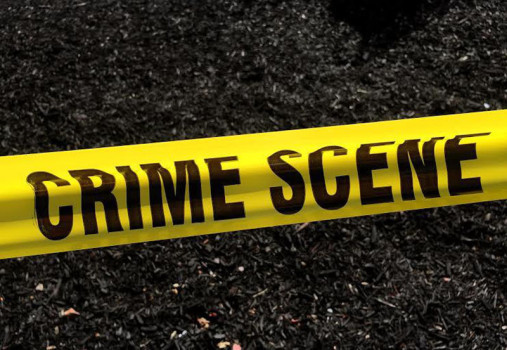

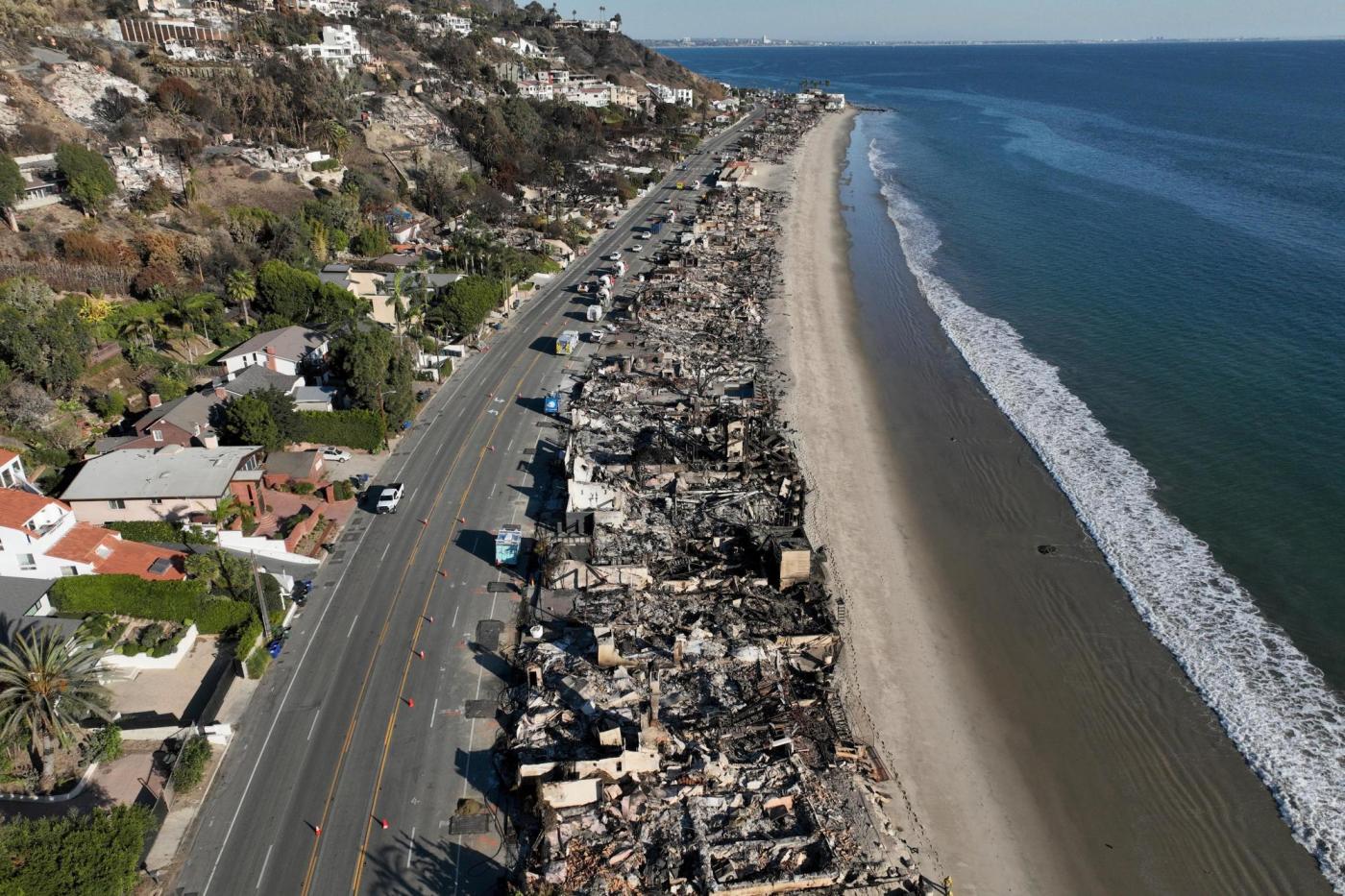
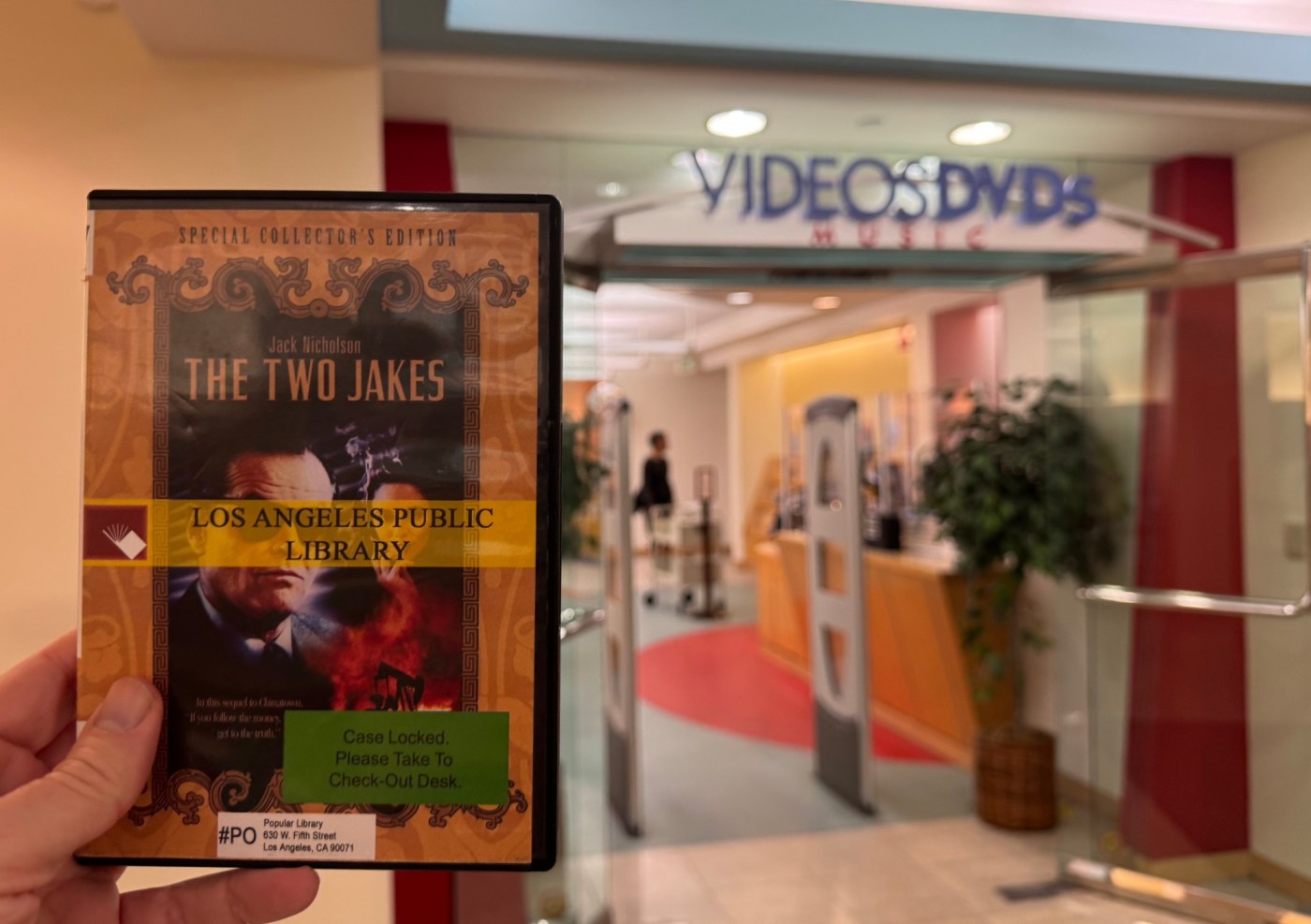

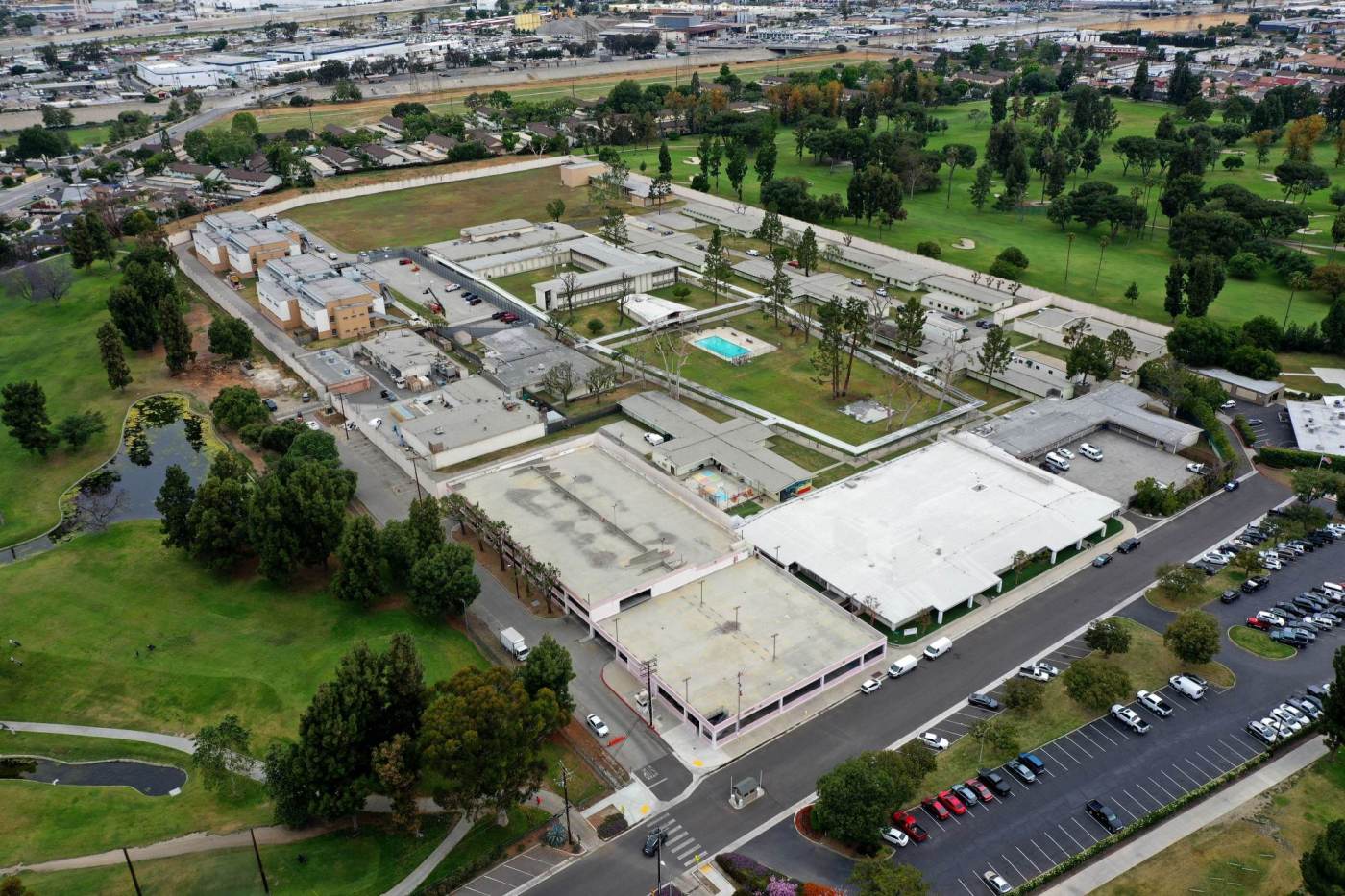



Leave a Comment